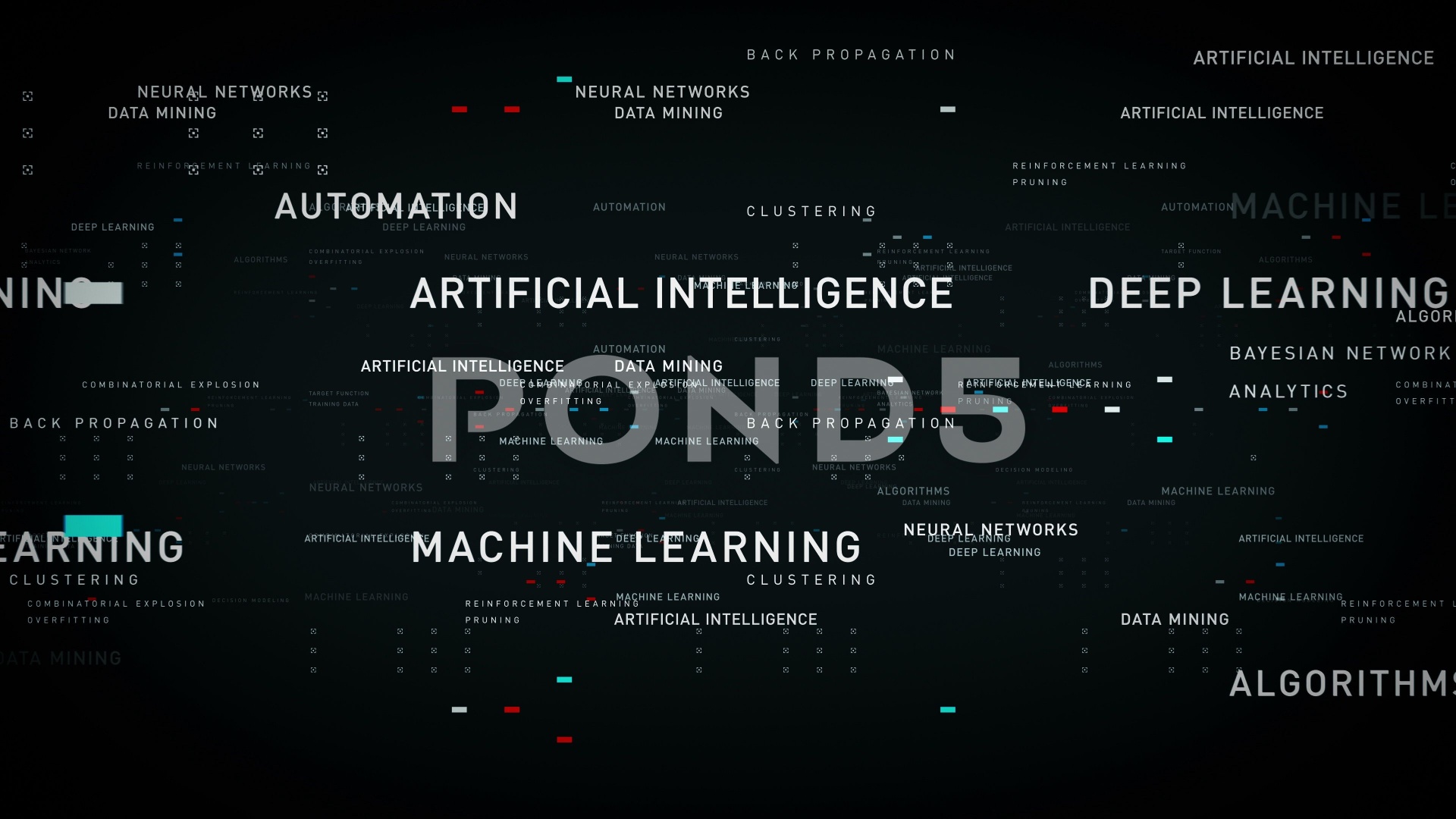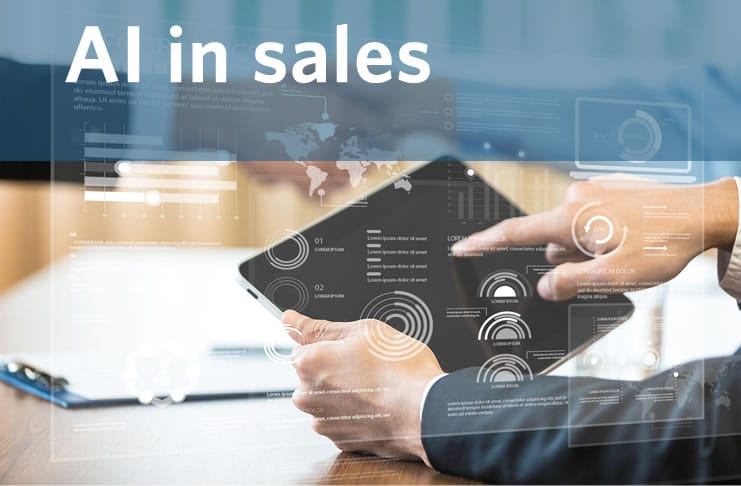Artificial Intelligence, also known as AI, has created a huge buzz. Intelligence is considered a trait either demonstrated or expected by humans. AI, on the other hand, is all about machines and their IQ. It is called artificial as the main goal is to copy or imitate the intelligence of human beings.
Almost every company is now moving to AI and adapting their technology for better engagement with customers. Whether website chatbots, fetching keywords during shortlisting candidates from a pool of thousands, AI does it all.
Using AI can help companies in more ways than one. Therefore, companies of the future must pivot to the modern era of technological advancement. In this article, I have shared all the information that suggests how companies use AI to further their cause. The structure of the article is mentioned below for your easy perusal.
- Increasing Automation
- Improving Reporting Systems
- Pinpointing Keywords
- Managing Data
- Helping With Sales
- Implementing AI In Companies
- The Deliverables

Increasing Automation
When a company implements AI in its systems and processes, it invites automation and its benefits. I am a big fan of automation because it simply takes away the long hours to complete tasks, the possibilities of human errors, and gets more done.

Any company that has routine tasks should move them to AI right away. Also, do not forget that when a company automates the tasks, it can capitalize on optimizing these processes for the best results.
For example, a company has to pull out some reports from their systems and then send mails to certain clients daily. With AI, these tasks can be done by your computer while you do more meaningful work.
Automation In Action
Companies in healthcare, especially those who provide high-tech devices and robots, can perform critical surgery for their patients with the help of AI software.
Upon implementation of AI, these robots can find alternate solutions for complicated health issues and challenging surgeries. This way, doctors can be relieved that they won’t lose their patients and will recover soon!
Improving Reporting Systems
Since AI is all about emulating the behavior of humans and learning to perform their tasks, it can help companies with precise and elaborate reporting on key performance indicators.

The more information fed to the machine, the broader its horizon gets. Over time companies can use the analytics from their AI implementation and introduce the changes to better their processes and overall business health.
I have implemented automation in my email marketing campaigns, and I see the reporting is already at an advanced level. Imagine what can happen when the whole company tech is AI-enabled!
Reporting In Action
Why is reporting important, and why does anyone do it? The answer is simple – to get insights about things that are important to the business.
Large consulting firms like PwC have started implementing AI in their company to get valuable insights, which will help their customers save millions of dollars each year!
Pinpointing Keywords
I think that the power of AI can be best demonstrated with the help of this point. Imagine a ton of data flowing seamlessly both inside and outside of companies. It is practically impossible for humans to track every possible chunk of data with speed and precision to arrive at conclusions or make decisions.

These keywords can be used to hire people, make an investment, divestment decisions. Companies can use keywords to see trends in their industry, identify and gauge the demand for their products and services.
If the company is part of the digital world, then tapping keywords can set them for success!
Keywords In Action
81% of companies have already embraced AI in their human resources department to pick up keywords for relevant job roles.
This is why every professional who is on top of his or her game is updating their curriculum vitae to include keywords that AI picks up to shortlist these candidates.
Managing Data
I am completely bamboozled with the kind of power AI has regarding data handling in companies. When organizations implement AI, one of the biggest advantages they get is managing large chunks of data.

Data analytics, big data, and data mining are all fancy terms that we hear these days in the corporate world.
The power of AI combined with data gives companies an edge, whether in terms of their marketing efforts, preparing the following year’s budget, or predicting the outcome of certain yet-to-be-taken decisions,
Data In Action
Did you know that the giant e-commerce player Amazon uses big data to customize and optimize the user experience on the Amazon website?
They even use AI and machine learning (ML) to study historical and real-time data to understand customer behavior, identify scrupulous transactions and block them. By using the power of AI, they save millions of dollars!
Helping With Sales
No one who works in sales likes to get into processes and admin work. With the help of AI, companies are changing the way sales departments work. So that people like us can focus on revenue!

Whether we talk about leads, conversion rates, deals, and after-sales service by the sales teams, AI helps us in all of the above as long as companies are openly embracing such advanced technology.
Also, imagine the accuracy that salespeople have on targeting qualified leads rather than random cold calling or emailing.
Sales In Action
Salesforce.com, one of the behemoths of the sales industry, leads the transition to the AI world. Their AI platform is called Einstein, which helps the sales warriors to understand the process better for better efficiency and results. After all, numbers do not lie.
Implementing AI In Companies
Business leaders have continuously shown their confidence in it. As per a study conducting by PwC, at least 67% of executives feel that AI and ML will change the landscape of the business world.

Let us see some of the ways to implement AI in companies that are just starting to adapt to the ways of the future. The first step for any company to take is to understand and then educate the employees on the differentiation between AI and ML.
AI is all about machines copying human behavior and “intelligence” to get things done, whereas ML, though similar, uses data to make decisions, absent human intervention. Get this right and see the company succeed!
I suggest that companies identify their business goals, what they want to achieve, and how they want to achieve them. More importantly, what will be the role of AI in the business? How will they use AI to solve critical challenges? Lastly, since AI uses data, what intelligence is available today and what will be tomorrow?
The Crux
Companies need to decide whether it will be a “make” or “buy” AI solution. They need to ask themselves questions like, what are the costs and implications of building an AI platform internally vs. externally? Whether to hire AI specialists or collaborate with consultants?
Another critical decision that companies need to make is to identify their short-, medium- and long-term goals. Next, ask what value drivers are vital to them?
For example, are they after customer loyalty or improve sales processes in-house? Are these decisions based on current trends, or do they fit the daily business process?
The Deliverables
After answering the above questions, I urge companies to hire a specialist who has experience in their industry. This is a must and not part of a make or buy decision.

These specialists can help create accurate algorithms that will teach your machines to learn and perform human tasks more efficiently & effectively.
Lastly, companies need to have data for AI to be successfully implemented. Without data, AI won’t be able to perform its duties.
Also, by data, I mean concrete intelligence that is accurate, complete, and as per the company’s business processes. This is the only way the algorithms can work as desired.
Tips When It Comes To AI
I have often seen many companies dump their data to the AI platforms right away, expecting it to concoct some magic instantaneously. Unfortunately, this is a bad strategy. Start with a small data set, test it and see if the desired results are per Ai platform expectations.
Also, focus on individual projects first, and then if you feel confident of the AI platform, then move ahead with medium-sized ones.
Lastly, after working for a while, you can start with bigger ambitious projects within the company to see AI-derived results. Otherwise, go back to the drawing board and tweak your AI strategy altogether.
Conclusion
Implementing AI has its benefits and a must-have for companies that wish to stay ahead in the game. At the same time, implementing AI into organizations is no child play. It requires exquisite expertise and skills, costs a lot, but it can set you up for success if done right.